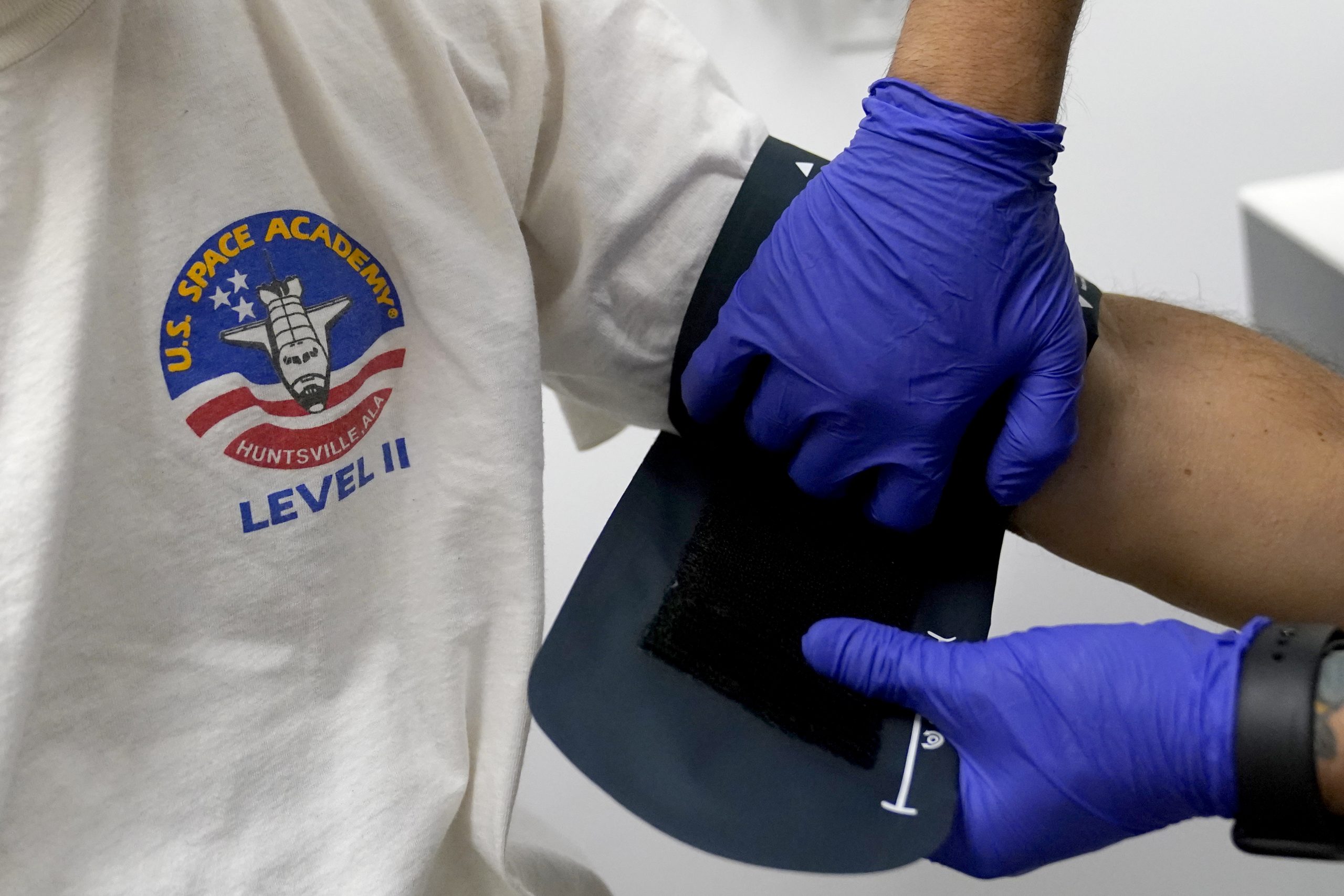By Ana Radelat
Copyright minnpost

WASHINGTON — For 90,000 Minnesotans, the Affordable Care Act may soon become unaffordable.
That’s because a COVID-era policy by the Biden administration that has lowered the cost of an insurance policy in the ACA marketplace, called MNsure in Minnesota, will end on Dec. 31 unless Congress acts.
The ACA helps people pay insurance premiums on a sliding scale according to their income. The subsidies, or tax credits, were boosted and extended to higher-income people in 2021 through the American Rescue Plan.
That made health insurance effectively free for many Americans close to the poverty line and offered new financial assistance to individuals earning about $60,000 and a family of four with an income of more than $128,600 in 2025.
The Kaiser Family Foundation estimates that an end to the enhanced credits would result in huge increases in premiums for enrollees, especially those in rural areas, and about 4 million more Americans being uninsured.
Most Minnesotans get their health care coverage through their employers or through government plans like Medicare and Medicaid.
But more than 167,000 Minnesota obtained private health care coverage through MNsure this year, mostly students, younger retirees, contractors and the self-employed, including farmers. A majority of those those enrollees — 90,000 — benefited from the Biden-era enhanced subsidies.
“I’m sure there’s going to be a lot of resentment,” said Anthony Wilkerson, a broker who helps people enroll in MNsure, if Congress fails to extend the program. Wilkerson also said that “if that (federal help) is not there, it’s going to cause a lot of pain.”
MNsure Chief Executive Officer Libby Caulum warned of what many are calling a “premium cliff.”
“If Congress doesn’t act quickly, farmers, small-business owners and other Minnesotans who get federal tax credits through MNsure will see their monthly premiums go up by 54%, on average, and over 19,500 will lose access to all financial help next year,” Caulum said.
The upheaval and “hard choices” would begin when Minnesotans begin to consider their 2026 coverage options in November, she said. “Some could decide to drop coverage, with negative impacts for their personal health and for Minnesota’s first-class health care system,” Caulum said.
Yet voting to extend the program, at a cost of more than $30 billion a year, is difficult for Republicans who have opposed the ACA and the American Rescue Plan that created the enhanced subsidies.
They now say the enhanced tax credits were needed to help people get health coverage during the pandemic and are not needed anymore.
Still, a group of vulnerable Republicans in “purple” districts are nervous about the end of the subsidies and have sponsored legislation to extend them, at least temporarily.
According to Politico, Republicans on the Ways and Means Committee — a panel that has jurisdiction over the ACA credits and whose members include Rep. Michelle Fischbach, R-7th District — had a “tense” meeting last Wednesday over the politically divisive issue.
Democrats may insist that an extension of the credits be part of a short-term budget bill that would avert a federal government shutdown after Sept. 30.
“Republicans have to come to meet with us in a true bipartisan negotiation to satisfy the American people’s needs on health care or they won’t get our votes, plain and simple,” Senate Minority Leader Chuck Schumer warned at a press conference last week.
Sen. Amy Klobuchar, D-Minn., posted on X: “This year, your health insurance costs will spike higher than they have in 15 years because Congressional Republicans are refusing to extend the health care tax credits. Democrats are united in fighting to extend these credits and lower your health care.”
‘Catastrophic damage’
Rep. Kelly Morrison, D-3rd District, an OB-GYN, has, with other Democratic lawmakers who are doctors, pressed for the extension of the enhanced ACA credits. “We are set to face enormous increases in health insurance premiums for tens of millions of Americans,” she said.
Morrison said the One Big Beautiful Bill Act that set President Donald Trump’s legislative agenda has already “ripped health care away for millions of Americans” through its cuts to Medicaid.
“Now they are threatening even further catastrophic damage by raising health insurance premiums for tens of millions of Americans,” she said.
The OBBB also banned DACA recipients – immigrant youth who have been given temporary protection from deportation and work authorization through the Deferred Action for Childhood Arrivals program — from purchasing insurance in the ACA marketplace and shortened the ACA’s annual enrollment period.
Those changes, and others, including new restrictions that will end the ACA’s financial help for lawfully present immigrants, will mean that more than 62,000 Minnesotans — or about 45% of MNsure enrollees — will drop their private health plan coverage,” Caulum said.
Rep. Angie Craig, D-2nd District, was part of a news conference held by Democrats at the U.S. Capitol last week to introduce a bill that would reverse the OBBB’s health care cuts and extend the ACA credits. That legislation has slim chances of passing, but advances the Democratic aim of making health care an issue in next year’s midterm elections.
“By slashing Medicaid and allowing the Affordable Care Act tax credits to expire, congressional Republicans have moved to rip health care away from 17 million Americans in order to fund massive tax breaks for billionaires and wealthy corporations,” said Craig, who is running for the U.S. Senate.
The Kaiser Family Foundation identified those who would be most affected by the “premium cliff.”
A KFF analysis said that, nationally, about 51% of the higher-income enrollees (measured as income that’s four times the federal poverty level, or about $62,600) who would lose assistance are between the ages of 50-64, a group that is faced with the highest health insurance rates.
And KFF said that based on 2025 premiums, a 60-year-old couple earning $85,000 annually (416% of the federal poverty level in the contiguous 48 states) would see their monthly premium payments increase by $1,507 a month, or more than $18,000 a year.
Self-employed individuals would also be hard hit, with about 38% of them losing their ACA subsidy eligibility, the KFF study said.
Editor’s note: This story has been updated to add comment from Sen. Amy Klobuchar.



